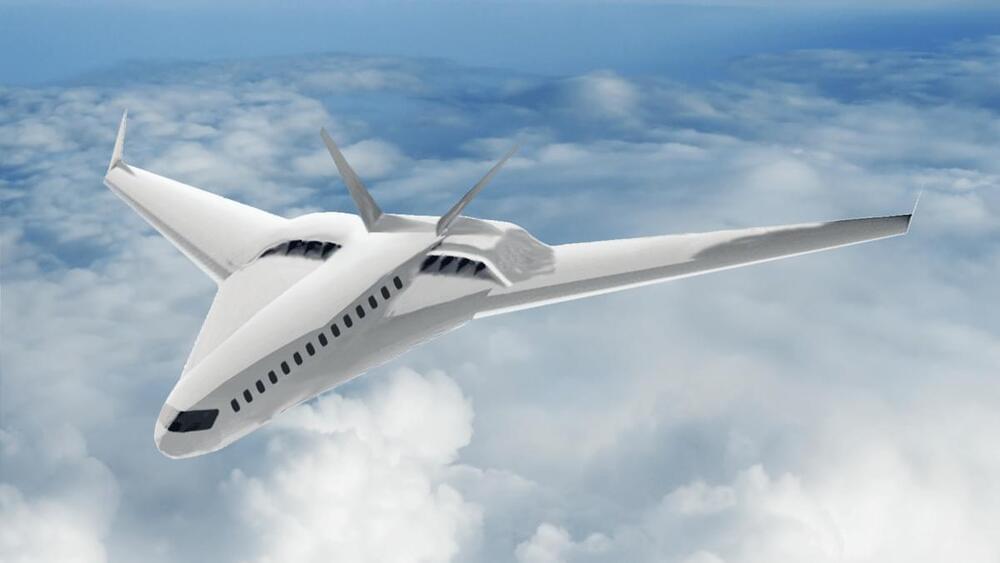Circa 2019
The University of Illinois has announced that NASA is underwriting a project to develop a cryogenic hydrogen fuel cell system for powering all-electric aircraft. Funded by a three-year, US$6 million contract, the Center for Cryogenic High-Efficiency Electrical Technologies for Aircraft (CHEETA) will investigate the technology needed to produce a practical all-electric design to replace conventional fossil fuel propulsion systems.
The jet engine in all its variations has revolutionized air travel, but with airline profit margins running wafer thin in these ecologically conscious times, there’s a lot of interest in moving away from aircraft powered by fossil fuels and toward emission-free electric propulsion systems that aren’t dependent on petroleum and its volatile prices.
The CHEETA project is a consortium of eight institutions that include the Air Force Research Laboratory, Boeing Research and Technology, General Electric Global Research, Ohio State University, Massachusetts Institute of Technology, the University of Arkansas, the University of Dayton Research Institute, and Rensselaer Polytechnic Institute. Although the project is still in its conceptual stage, the researchers have a firm vision of the technology and its potential.
